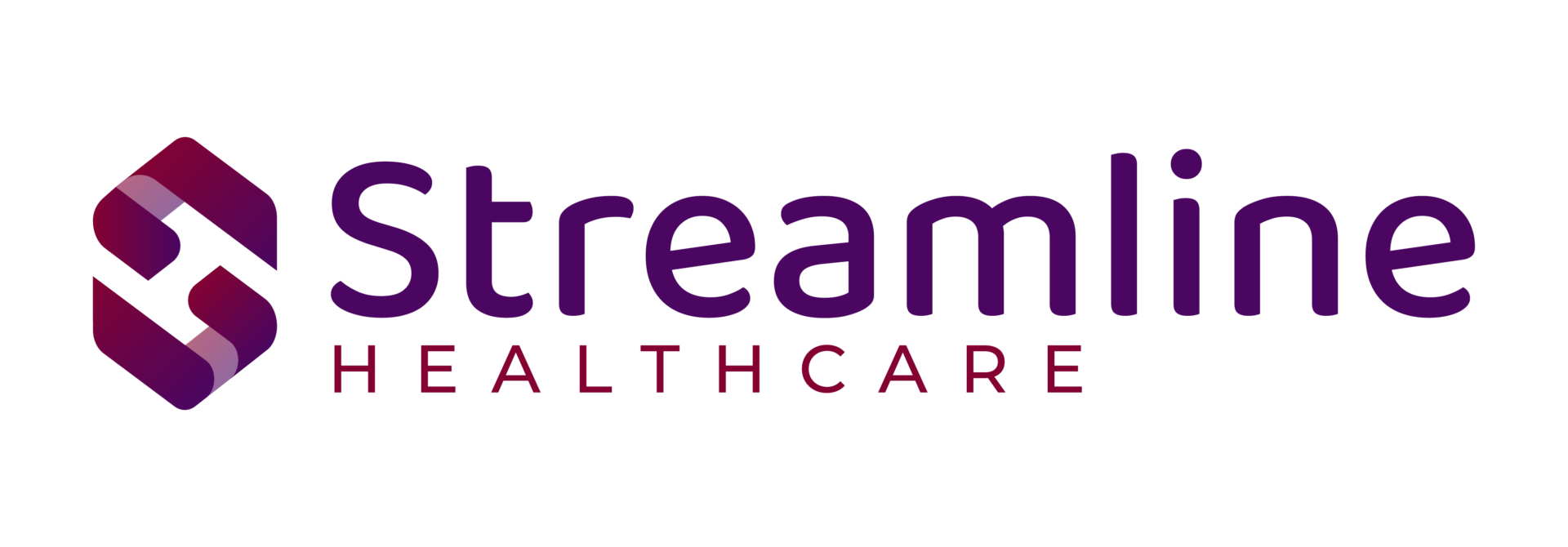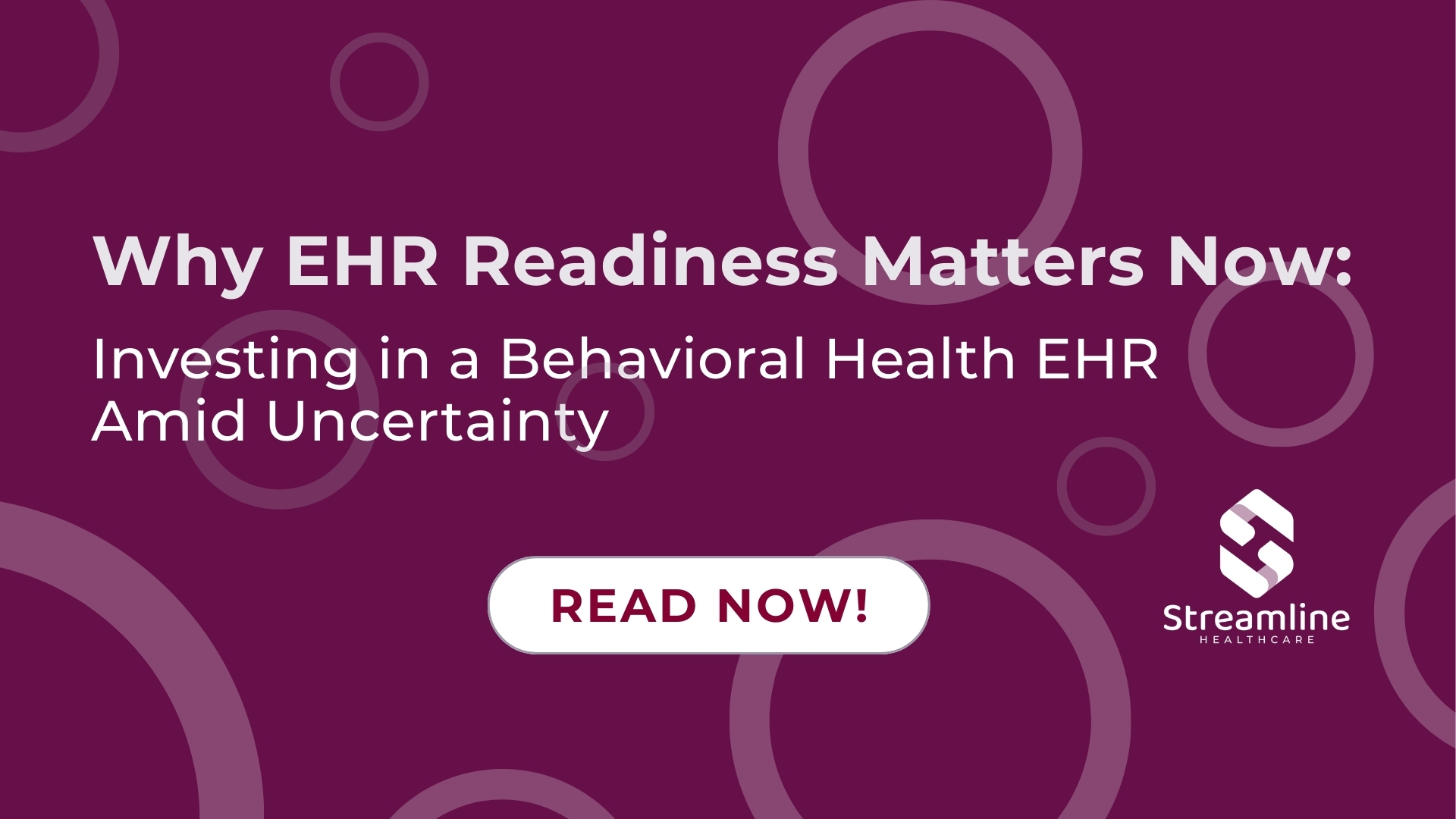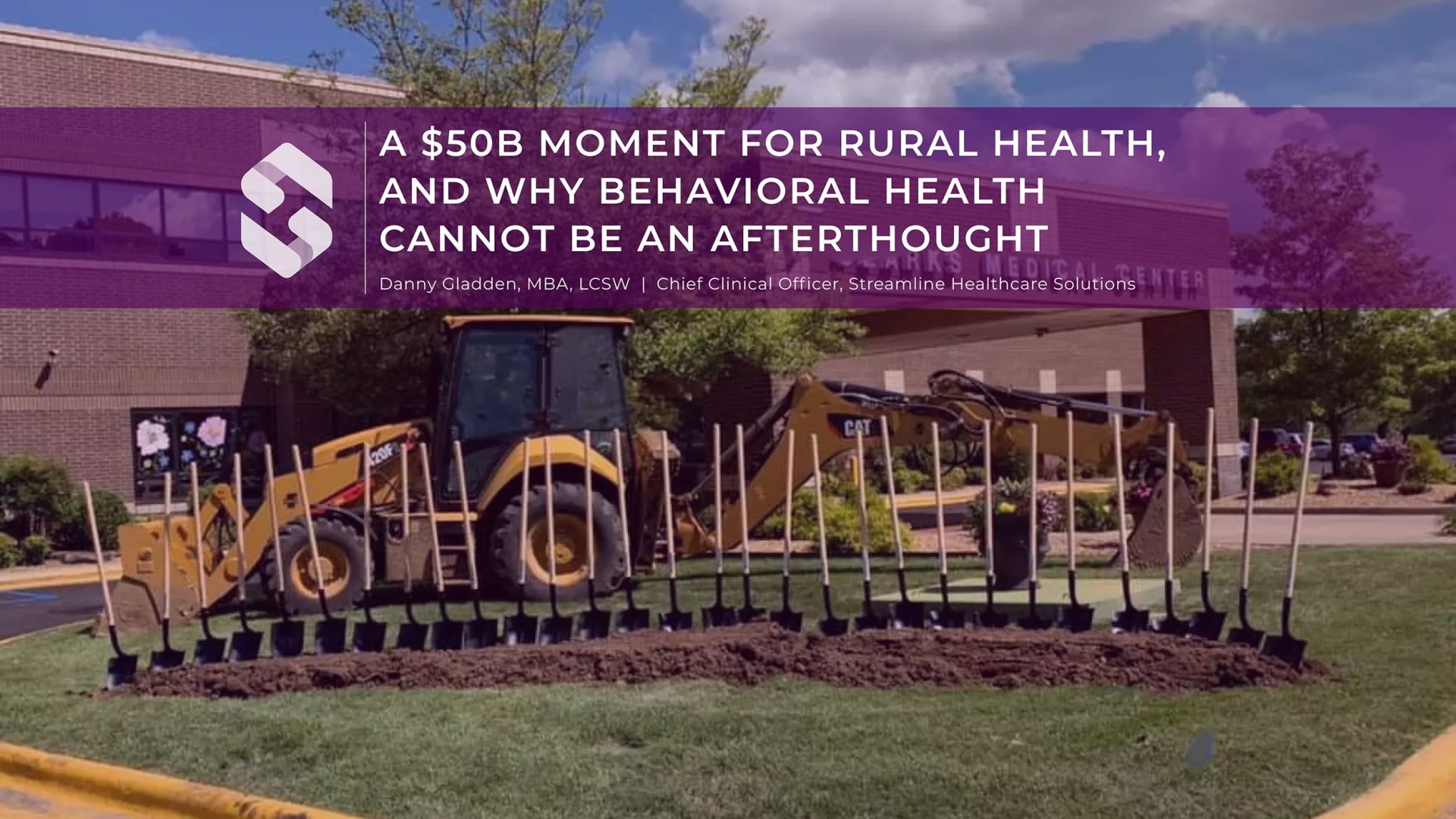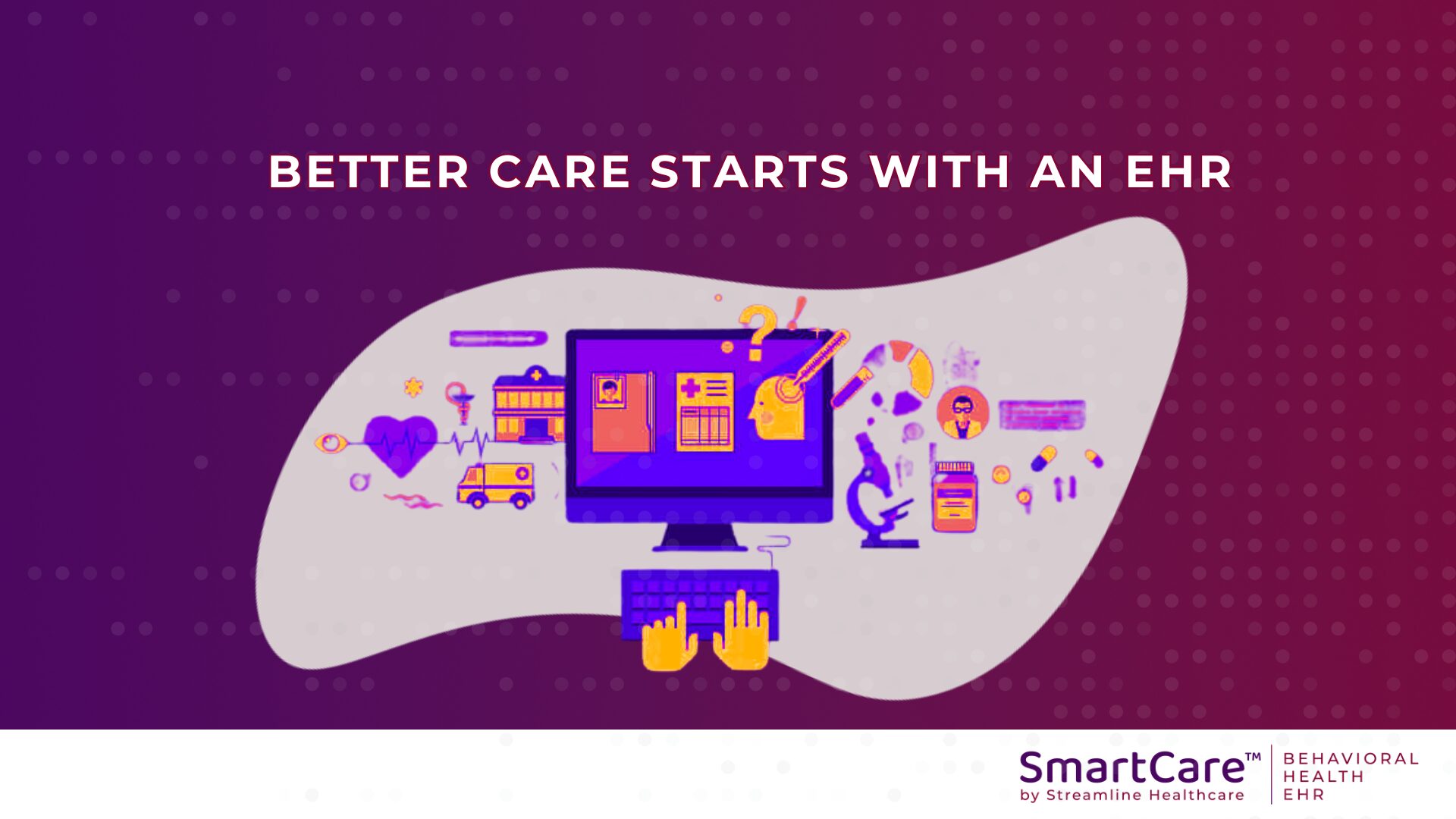In a time of political change and financial uncertainty, many behavioral health and human services providers are hesitating to make large-scale investments, particularly in technology. But delaying adoption of the right Behavioral Health Electronic Health Record (EHR) may actually put organizations at a disadvantage, especially as funding models shift and demand for measurable outcomes increase.
Far from being a risky move, investing in a purpose-built Behavioral Health EHR now can provide organizations with the foundation they need to stay resilient, competitive, and compliant. With the right system in place, providers can streamline operations, improve care quality, and strengthen their ability to secure critical grant funding.
Market Pressures Are Growing
A 2025 industry analysis shows that behavioral health settings continue to fall behind broader healthcare in EHR adoption. 96% of general acute care hospitals use EHRs, yet only 84% of psychiatric hospitals report EHR adoption, with just 75% using federally certified EHR technology (CEHRT) (MACPAC Report)(Media.Market.US). This disparity persists due to systemic challenges including high startup and training costs, privacy concerns around sensitive client data, historical underinvestment, and a lack of interoperability standards tailored to behavioral health.
As behavioral health becomes more integrated with physical health and as agencies demand better documentation and outcome tracking, organizations without a modern EHR will struggle to keep up.
Why Now Is the Right Time
Recent data from the July 2025 National Survey on Drug Use and Health (NSDUH) highlights the continued rise in behavioral health needs. Nearly 23% of U.S. adults experienced a mental illness in the past year, and over 48 million people reported a substance use issue (SAMHSA 2024 NSDUH Report). The demand for accessible, effective behavioral health care is growing, not shrinking. Providers must be prepared to deliver care at scale with modern tools that support data-driven, value-based outcomes.
Grant Funding Remains Active but EHR Readiness Is Essential
Despite evolving budget debates, federal grant opportunities remain available and accessible, particularly for behavioral health organizations that demonstrate operational readiness, data transparency, and measurable outcomes.
- CCBHC Planning & Implementation Grants remain a major funding stream, with the most recent round closing in September 2024 and new opportunities anticipated in 2025 (SAMHSA CCBHC Grants).
- Annual grants such as Mental Health Block Grant (MHBG) and Substance Use Block Grant (SUBG) remain steady, with application deadlines on September 1 and October 1 respectively (SAMHSA Block Grants).
- SAMHSA Targeted Grants continue to support needs like infrastructure upgrades (e.g. EHR platforms, telehealth), capacity building (e.g. training, workforce growth), and integrated care delivery (linking behavioral, physical, and social services).
Although proposals exist for a restructuring into a new agency – Administration for a Healthy America (AHA) – potentially shifting over $1 billion in grant funding, the Department of Health and Human Services (HHS) continues to affirm that behavioral health remains a national priority (Reuters). In a June 2025 congressional hearing, Secretary Robert F. Kennedy Jr. emphasized that “tackling addiction and mental health remains a priority,” noting that behavioral health challenges now “rival chronic disease in their impact” (Washington Post). This clarity ensures that while structures evolve, funding and attention endure.
Improving Outcomes with the Right Behavioral Health EHR
Behavioral Health EHRs are purpose-built to address the complexity of care in mental health and human services. Unlike general-use EHRs, these platforms support specialized treatment workflows, advanced documentation, and outcomes tracking.
A modern Behavioral Health EHR delivers:
- Streamlined Care Coordination, connecting intake, planning, documentation, and outcome monitoring across care teams.
- Integrated Care Delivery, enabling shared documentation and interoperability across behavioral, primary health, and social services.
- Regulatory Readiness, with built-in tools to satisfy requirements of Medicaid, CCBHC, and FQHC programs, minimizing audit and reporting burden.
- Financial Clarity, supported by integrated revenue cycle tools that drive billing accuracy, reduce denials, and offer deep insight into financial performance.
The Case for Acting Now
Delaying an EHR decision due to uncertainty may leave your organization underprepared. Behavioral health and human services organizations that adopt the right EHR now are better positioned to improve care, manage compliance, enhance grant competitiveness, and scale responsively to meet demand.
Why Streamline’s Behavioral Health EHR Stands Out
Streamline’s SmartCare™ platform was engineered for complexity. This enterprise-level EHR enables providers to elevate clinical care, financial performance, and operational metrics – all on a single adaptive platform.
That includes not just tracking performance but driving it through smarter financial tools. SmartCare™ features an advanced Revenue Cycle Management suite designed to improve claim accuracy with built-in coding automations and validation rules, reduce denials and write-offs through multi-level checks, and give organizations greater visibility into their financial health with general ledger account mapping and detailed reporting.
These capabilities help providers strengthen their bottom line while keeping pace with operational demands. When paired with SmartCare’s clinical and operational strengths, this level of financial oversight positions organizations to not only survive but thrive – better equipped to compete for grants, meet regulatory requirements, and scale sustainably. In a shifting landscape having the right tools is not just helpful, it is a real advantage.
Request a demo to learn how SmartCare™ empowers organizations to move forward with confidence.



